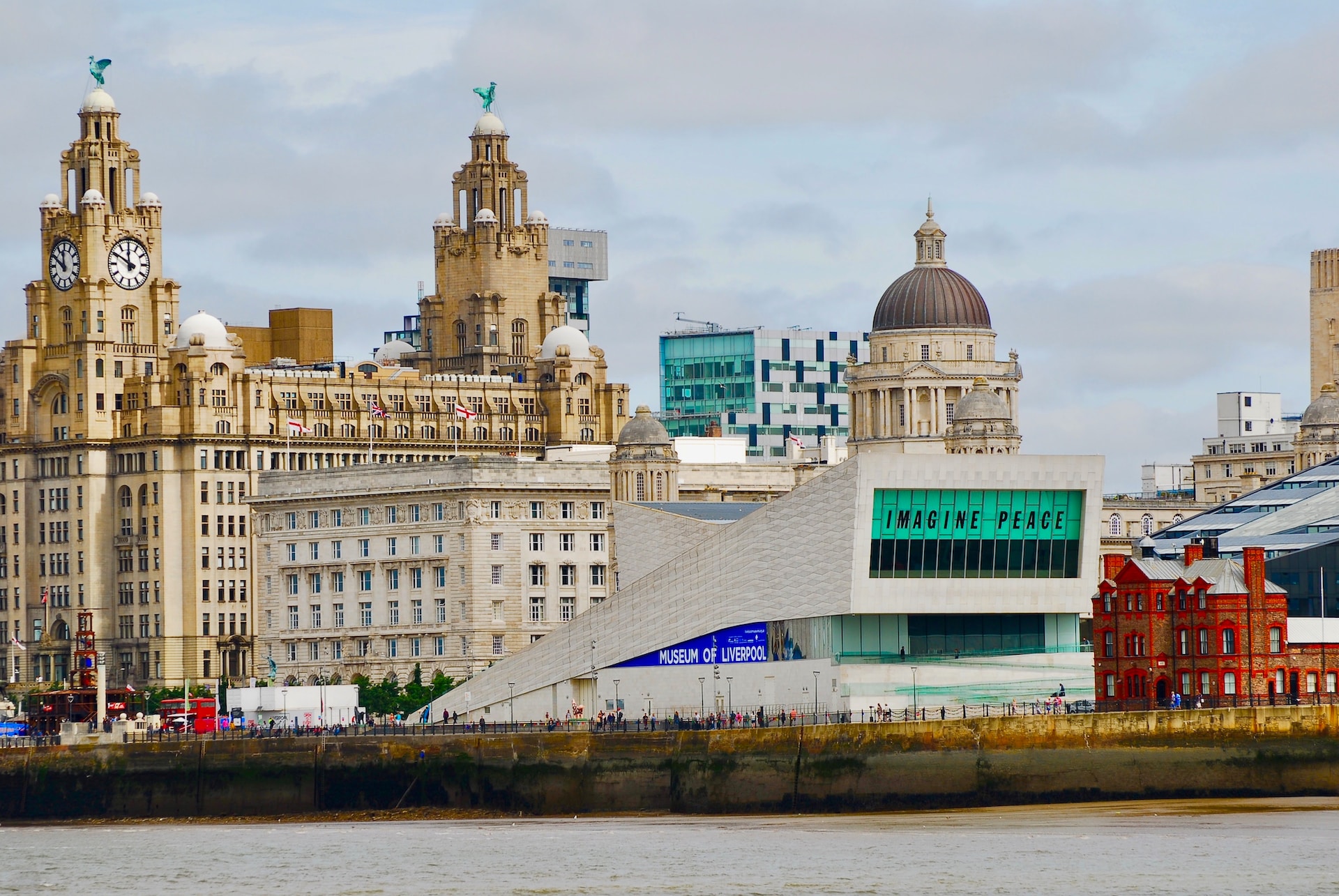
Intellectual Property (IP) includes the creative works of inventors, artists or entrepreneurs, encompassing such things as literary and artistic works; designs; and symbols, names and images used in commerce.
It is afforded protection in the UK under the Copyright, Designs and Patents Act 1988 and the Patents Act 1977. The law is geographically applied.
In UK law, it is defined as meaning ‘any patent, trademark, copyright, design right, registered design, technical or commercial information or other intellectual property’. This enables the owners of the IP be recognised for their creations and profit from what they have invented or developed.
IP can be extremely varied. It will cover items such as patents for inventions, literary, dramatic, musical and artistic copyright, copyright in recordings, films and broadcasts, registered and unregistered design rights and trademarks. The rights attached to the IP, enable the owners to decide who can use their IP and what recourse may be available to them when another party infringes these rights. Examples of infringements may include copyright, patent, trademark, design and cybersquatting.
The problem with Intellectual Property Infringement?
The issues with IP infringement does not only impact the owner of the IP, but can have an adverse effect on other parties, such as the business and commercial communities and consumers.
Business Concerns
In creating and developing their IP, the owners may have also invested money, time and effort. Infringements may affect their:
Societal Concerns
The risks to society can be devastating. Society in general:
Preventing infringement of your IP Rights
By registering your IP with the Intellectual Property Office Registration, you will be able to rebuff any competitor’s attempt to utilise your IP without your consent, even if the usage was mistaken or intentional. The task of proving your IP rights becomes a much more difficult task if your IP is not registered and another party claims ownership.
It is essential that, as soon as you become aware of another party infringing upon your intellectual property without your consent, you contact them and request that they stop using your IP immediately. If they do not, there is legal recourse, but costs and time should be considered. Using different methods of Alternative Dispute Resolution (ADR) such as mediation could reduce these concerns.
Protecting your IP rights
If you suspect that your rights have been infringed, what can you do?
Contact Mann Roberts Solicitors if you believe your IP rights have or are being infringed upon.